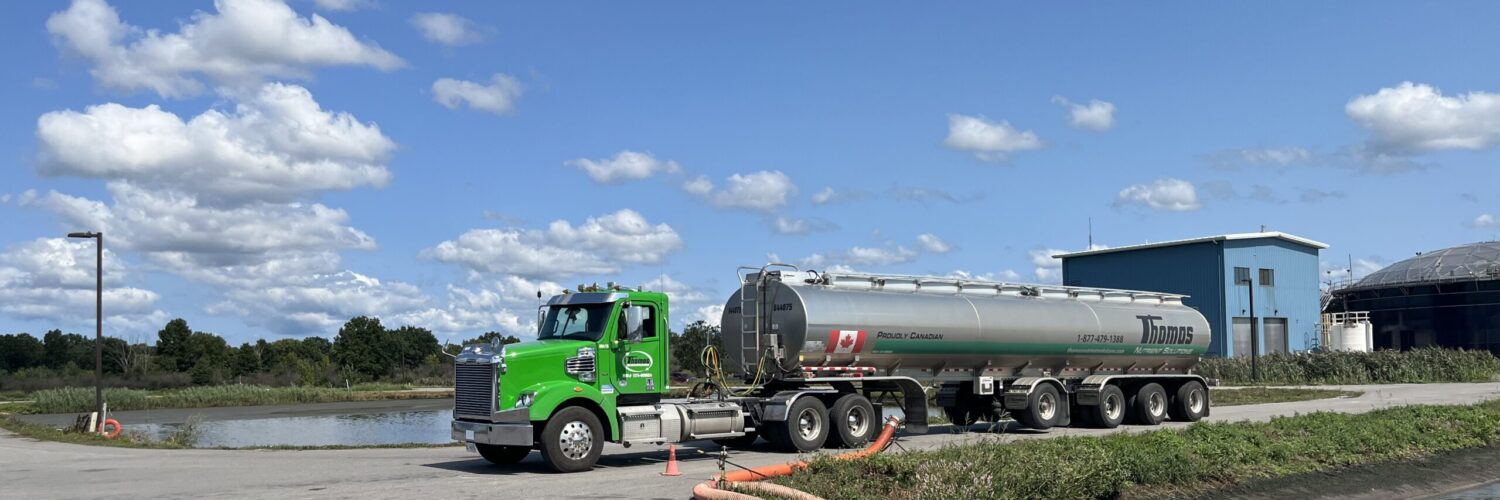As an old saying goes, “One man’s garbage is another man’s gold.” This couldn’t be truer in the case of biosolids. For years, biosolids, a byproduct of the treatment of wastewater, has been processed into fertilizers that provide nutrient rich material that invigorates croplands and fields. Now, a new process is being developed in Australia may have a far wider application and a much deeper impact on the environment.
The Australian Renewable Energy Agency (ARENA) recently announced funding for a ground-breaking project whose aim is to turn biosolids from sewage into crude oil. With over 300,000 tonnes of biosolids produced annually from sewage treatment plants around Australia, the implications for converting this potential resource into fuel is enormous. Currently, most of the unused biosolids are just being stockpiled.
ARENA, acting on behalf of the Australian Government, is giving $4 million in funding to Southern Oil Refining to develop a pilot project at its refinery near Gladstone, Queensland. The total project cost is expected to be around $11.8 million. ARENA CEO Ivor Frischknecht believes that the project offered further opportunities for waste diversion while also helping with Australia’s fuel security.
Melbourne Water, Southern Oil’s partner in this project, will provide the needed biosolids which is stockpiled at their wastewater treatment facility at Werribee, Victoria. They also plan on utilizing biosolids from a local sewage treatment facility to demonstrate the feasibility of recreating this process at sewage treatment plants across Australia.
Southern Oil will construct a small-scale hydrothermal liquefaction reactor to produce the renewable crude oil from biosolids for demonstration purposes. This hydrothermal liquefaction process will treat the biosolids using a thermochemical conversion process to produce the biocrude.
From there, the biocrude can then be further refined into renewable diesel and potentially renewable jet fuel. This process is possible because of Southern Oil’s existing facilities that re-refine waste oils such as transmission and engine oils. Southern Oil had previously built a first-of-its-kind biocrude and biofuel laboratory and testing facility at Gladstone as part of the advanced biofuel pilot plant also funded by ARENA.
Southern Oil’s Managing Director, Tim Rose, emphasized ARENA’s commitment to this project. “This ARENA funding will facilitate Australia’s largest ever demonstration scale reactor using wastewater treatment biosolids to produce renewable crude oil. We will then refine this crude oil into 100 per cent drop in renewable fuels,” Tim said.
Tim believes that the waste water treatment stockpiles across Australia makes the project scalable and could potentially lead to the production of hundreds of millions of litres of renewable fuel every year for the country. “This outcome would greatly benefit the environment, be tremendous for the economy while improving Australia’s fuel security,” he added.
Jenelle Watson, Melbourne Water’s Manager of Treatment and Resources said: “The hydrothermal liquefaction technology has so much potential to extract value from biosolids and contribute to the renewable fuels market. Melbourne Water is excited to be partnering with Southern Oil Refining and ARENA to develop hydrothermal liquefaction to a commercial scale.”
If you are a municipality in Ontario and in need of a biosolids management solution, please feel free to contact us at 1 (877) 479-1388.
Sources:
https://reneweconomy.com.au
https://www.compelo.com

